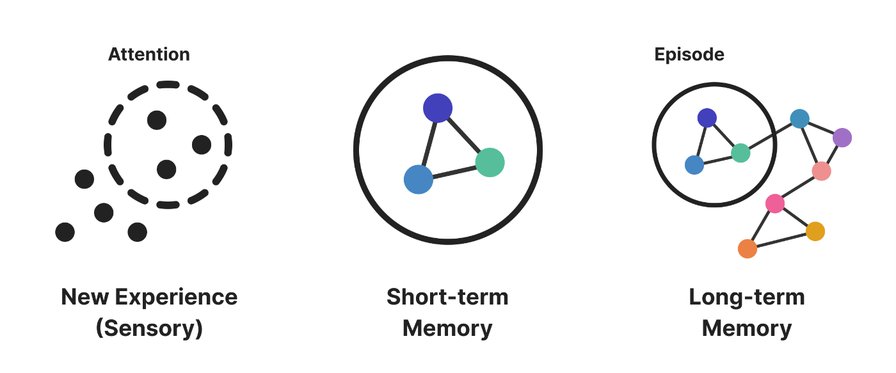How to Improve Your Creative Thinking - Superorganizers - Every

my notes ( ? )
from Alice Albrecht, who "runs re:collect, a startup building an AI-powered thought partner:... advances in AI and cheaper compute lower the bar for getting from a creative idea to a final output... though, we still need to provide the initial seed... and ... judge whether we’re heading in the right direction. We’re still the creative directors of our own minds".
cognition as a system
To explore "how can we improve our creative thinking?", understand cognition as a system:
- Creativity = produce an idea both novel and useful given a particular social context (also valuable?)
- 2 steps: “flaring and focusing” or “explore vs. exploit.”
- divergent thinking: "generate candidate ideas and make novel connections between them", uses the brain's "default network" of brain regions
- Convergent thinking: "narrow down to the most useful one... takes into account goals and constraints"
- requirement: knowledge, our "pile of ideas and experience... encoded [in our memory] in episodes, or periods of time... As a memory moves from short-term to long-term storage... [it's] associated with existing memories (aka “schemas”) ... makes it possible to connect your ideas later
- "default network shows the highest activation during spontaneous, self-generated thought—including mind wandering", governed by "a "control network" that allows us to think flexibly, inhibit outside distractions, and pull from our memory... Switching between the default and control networks ... governed by a "salience network... Higher creative thinking scores are correlated with greater coupling between these networks.
Improve your creative system
- "Read voraciously and engage deeply: Consuming other people's ideas ...stimulates creativity and deepens existing associations... make incremental steps outside your own filter bubble because new information must overlap somewhat with what you already know to be effectively associated"
- "If you never revisit that information ... connections ... fade over time. Taking notes, making highlights, and revisiting that material when it’s related to what you’re currently thinking about ... maintain and strengthen connections... consuming your own writing = a conversation with yourself through time
- connect new ideas (perhaps as you’re reading) to existing ones... software tools [for this] ... like Roam and Obsidian, fail in predictable ways." AI offers a solution
- Mood: "be in a positive affective mental state—e.g., happy and not anxious."
- the " attention economy keeps us hyper-focused ... [but] the more we try ... to focus, the narrower our thinking ... Mind wandering ... allows us to explore, retrieve, and experiment with connecting our memories in different ways. So give yourself a break
Read the Full Post
The above notes were curated from the full post every.to/superorganizers/understanding-the-science-of-creativity?utm_source=pocket_saves.Related reading
More Stuff I Like
More Stuff tagged psychology , ai , creativity , cognitive
See also: Content Strategy , Social Media Strategy , Digital Transformation , Personal Productivity , Innovation Strategy , Psychology , Science&Technology